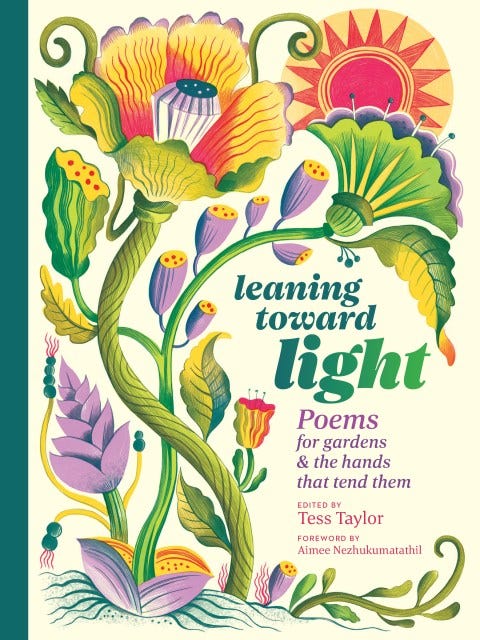
Hi, guys!
Earlier this month, I asked you to participate in The Weekly Dirt garden poetry contest, and you did not disappoint! I received scores of sentimental ponderings of nature and poems about insects, trees, flowers an…
Keep reading with a 7-day free trial
Subscribe to The Weekly Dirt with Jessica Damiano to keep reading this post and get 7 days of free access to the full post archives.


